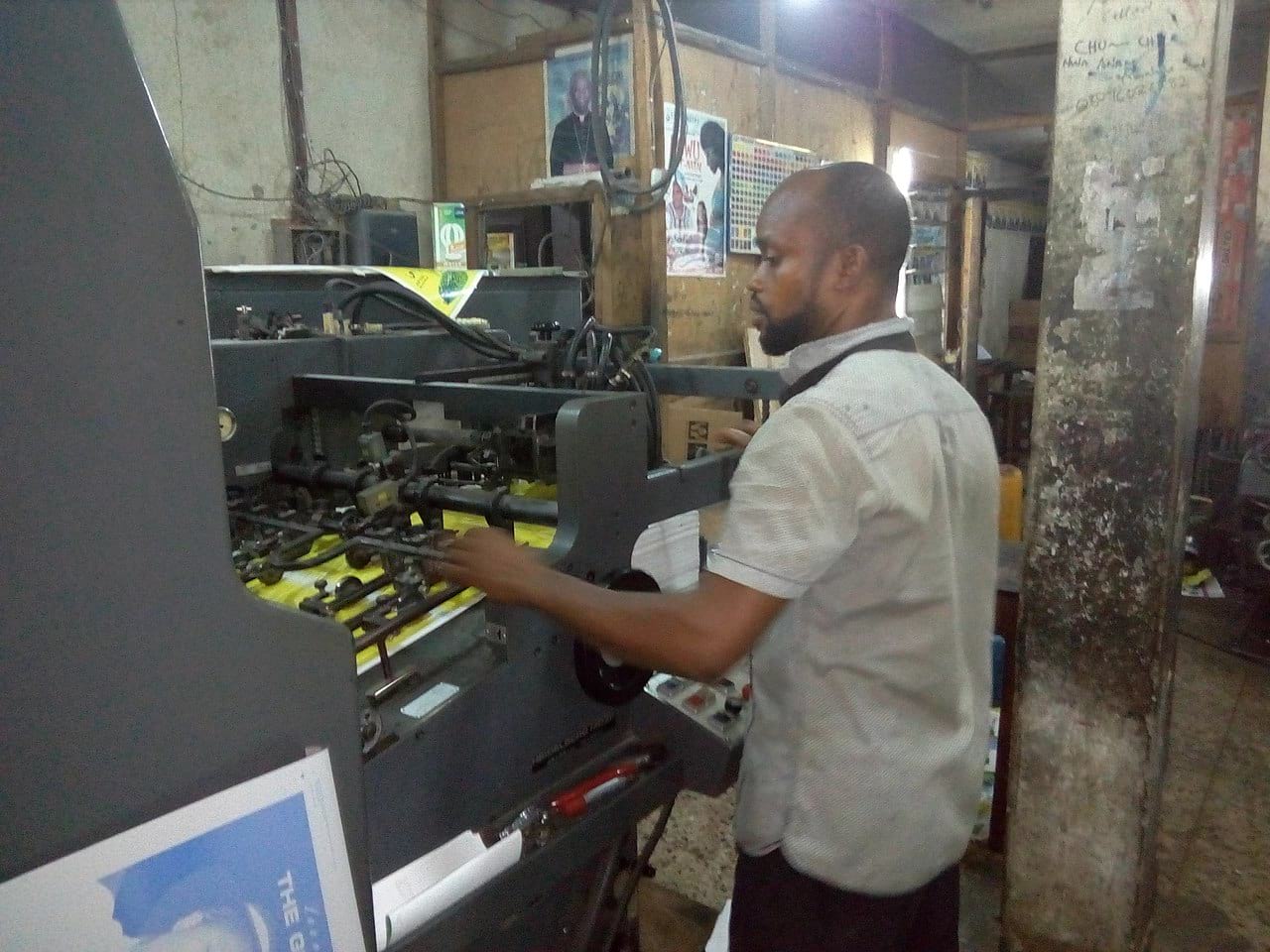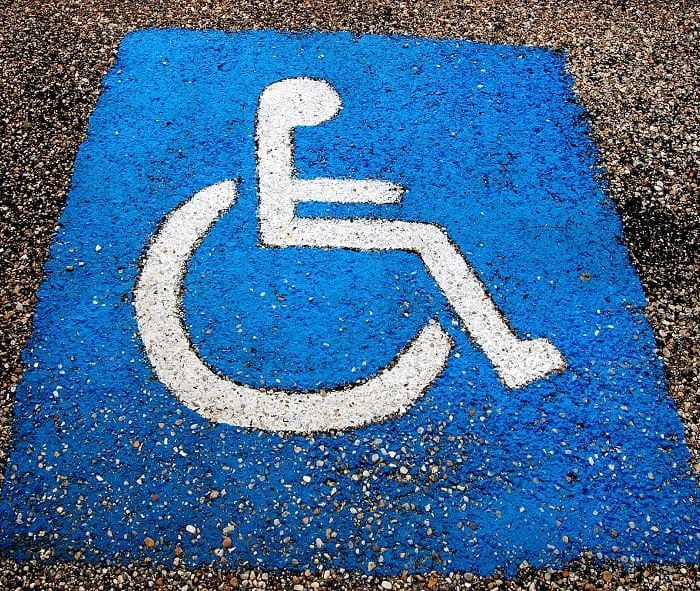According to the Ohio Bureau of Workers’ Compensation, “Ohio law requires employers with one or more employees to obtain workers’ compensation coverage or be granted the privilege of self-insurance for liabilities associated with work-related accidents or occupational diseases.”
“Employers” include private companies, schools, healthcare facilities, state and local government agencies, and employment agencies. Individuals who are self-employed can also carry a workers’ comp policy on just themselves. This can make sense for people who do general contracting like carpentry or plumbing, as well as people who spend a lot of time driving to meet clients and customers. The risk for suffering an injury that keeps a self-employed person from working should drive the decision to carry workers’ compensation coverage.
Most employers purchase coverage through the Ohio State Insurance Fund, but some can qualify to be self-insured. A self-insured employer must prove each year that it can provide the same level of coverage for injured or ill employees that the workers’ comp plan offered by the state does.
Employers pay the premiums for Ohio workers’ compensation coverage, and an individual who suffers a work-related injury or who develops an occupational illness can apply for the following benefits:
- Payment of medical and therapy bills related to the coverable injury or illness
- Replacement of wages at up to two-thirds of their regular pay for the time spent off the job recovering
- Lump-sum payments for specified injuries such as an amputation, loss of an eye or permanent hearing loss
- Financial support for retraining or wage supplements for taking a lower-paying job after becoming able to work again
Coverage is available on a no-fault basis, meaning the injured or ill employee does not need to show that their employer or some other party was negligent in any way. Coverage is also available for any medically documented injury or illness that is work-related. Employers and the Bureau of Workers’ Compensation can challenge whether an injury or illness is work-related. Also, coverage can be denied if evidence exists to show that the condition was self-inflicted or incurred while the employee was intoxicated.
Most people who qualify to receive workers’ compensation benefits in Ohio will have their medical bills paid and their lost wages replaced. Consulting with a knowledgeable and experienced Columbus workers’ comp attorney will make it clear whether applying for additional types of coverage is justified.
A final thing to know about Ohio workers’ compensation coverage is that it can provide compensation and coverage for long and short-term injuries. However, certain long-term disability issues are best covered by another program like Social Security, a pension plan or a private insurance policy. You should contact an Ohio workers’ compensation attorney to discuss which is better for you. Attorneys with Barkan Meizlish DeRose Cox, LLP, are available to answer all your questions regarding workers’ compensation insurance in Ohio, You can call our Columbus offices at (614) 221-4221 or schedule a free consultation online.



